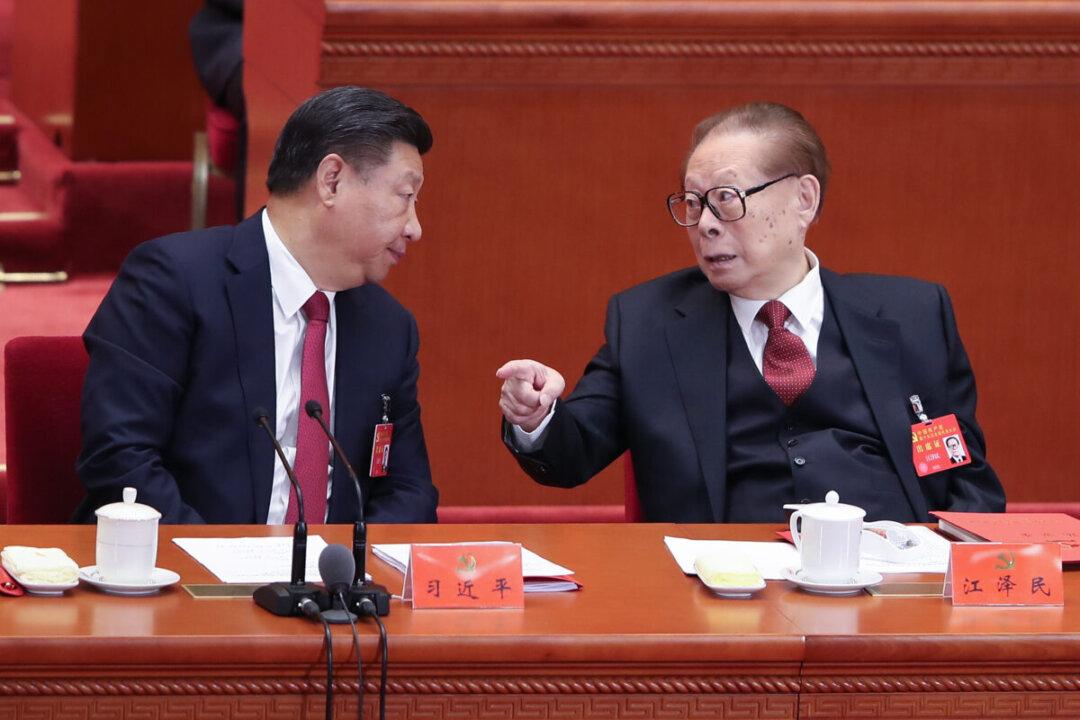News Analysis
In the face of rising resistance against totalitarian rule, the Chinese Communist Party (CCP) announced the death of former party leader Jiang Zemin on Nov. 30.

In the face of rising resistance against totalitarian rule, the Chinese Communist Party (CCP) announced the death of former party leader Jiang Zemin on Nov. 30.